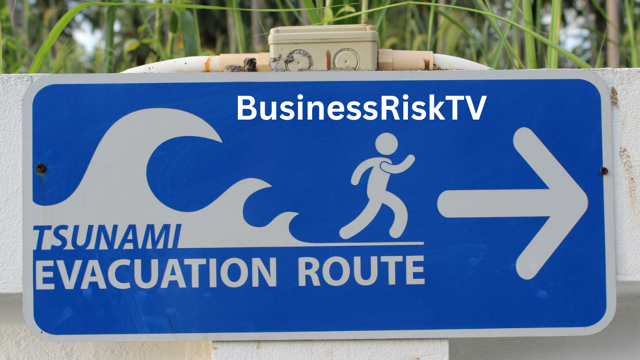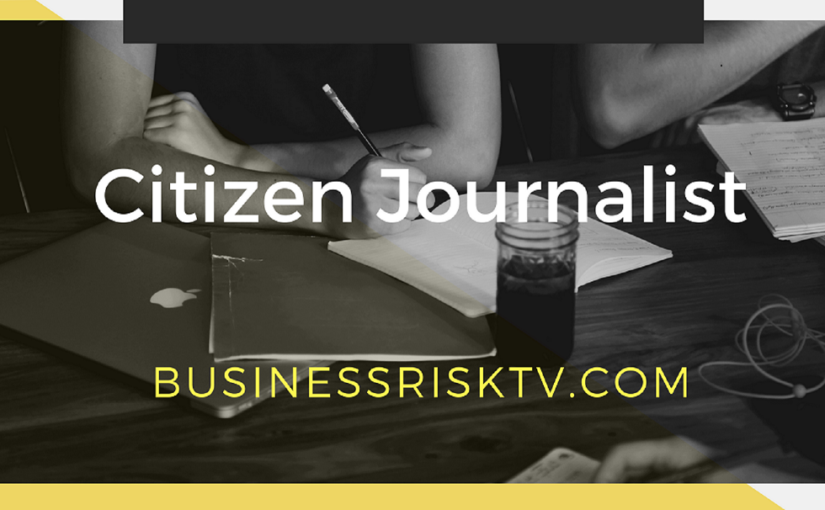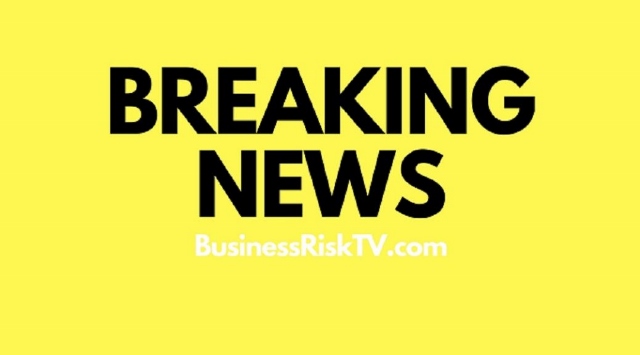Economic Forecast 2024
Risk Management for Business Leaders in the Face of Lower Economic Growth and a Softening Jobs Market in the USA, EU, and UK in 2024
Keith Lewis 6 November 2023
The global economy is facing a number of headwinds in 2023, including the ongoing wars in Ukraine and Gaza, high inflation, and rising interest rates. These factors are expected to lead to lower economic growth and a softening jobs market in the United States, European Union, and United Kingdom in 2024.
Business leaders need to be prepared for these challenges and take steps to mitigate the risks to their businesses. In this article, we will provide an overview of the economic outlook for 2024 and offer advice on risk management for business leaders.
Economic Outlook for 2024
The International Monetary Fund (IMF) (before taking into account war in Gaza) has forecast that global economic growth will slow to 3.2% in 2024, down from 3.6% in 2023. This is the slowest pace of growth since the global financial crisis in 2009.
The IMF expects the US economy to grow by 1.7% in 2024, down from 2.3% in 2023. The EU economy is expected to grow by 1.9% in 2024, down from 2.6% in 2023. The UK economy is expected to grow by 1.0% in 2024, down from 2.2% in 2023.
The slowdown in economic growth is expected to lead to a softening of the jobs market. The IMF expects the unemployment rate in the US to rise to 4.0% in 2024, up from 3.7% in 2023. The unemployment rate in the EU is expected to rise to 7.0% in 2024, up from 6.7% in 2023. The unemployment rate in the UK is expected to rise to 4.5% in 2024, up from 4.2% in 2023.
Risk Management Advice for Business Leaders
In light of the economic outlook, business leaders need to be prepared for the following risks:
- Lower demand for goods and services: As economic growth slows, consumers and businesses are likely to spend less. This could lead to lower sales and profits for businesses.
- Softening jobs market: As the unemployment rate rises,businesses may have difficulty finding and retaining qualified workers. This could lead to higher labour costs and disruptions to operations.
- Rising interest rates: Central banks are raising interest rates in an effort to combat inflation. This could make it more expensive for businesses to borrow money and invest in growth.
- Supply chain disruptions: The ongoing war in Ukraine (and new war in Gaza) and other factors have caused disruptions to global supply chains. This could make it difficult for businesses to obtain the materials and components they need to produce their goods and services.
Business leaders can take a number of steps to mitigate these risks, including:
- Diversify their customer base and product mix: This will help to reduce their reliance on any one customer or product line.
- Invest in technology and automation: This can help to improve efficiency and productivity, and reduce labor costs.
- Lock in long-term contracts with suppliers: This can help to mitigate the risk of supply chain disruptions and price increases.
- Build up their cash reserves: This will give them a financial cushion to weather any downturns in the economy.
In addition to these general risk management measures, business leaders should also consider the specific risks that are relevant to their industry and sector. For example, businesses in the retail and hospitality sectors may be more vulnerable to lower consumer spending. Businesses in the manufacturing sector may be more vulnerable to supply chain disruptions.
By taking the necessary steps to manage risks, business leaders can increase their chances of success in 2024 and beyond.
Specific Risk Management Strategies for Different Industries
In addition to the general risk management measures outlined above, there are some specific strategies that business leaders in different industries can take to mitigate the risks of lower economic growth and a softening jobs market in 2024.
Retail: Retail businesses can focus on increasing sales through online channels, offering discounts and promotions, and improving customer service. They can also reduce costs by streamlining their operations and negotiating better deals with suppliers.
Hospitality: Hospitality businesses can focus on attracting and retaining tourists, offering special packages and promotions, and improving the customer experience. They can also reduce costs by streamlining their operations and negotiating better deals with suppliers.
Manufacturing: Manufacturing businesses can focus on increasing productivity, reducing costs, and diversifying their product mix. They can also mitigate supply chain risks by building
Will you be unscathed from, or even benefit from, global financial tsunami?
A global economic tsunami is breaking. The impact will increase substantial in 2023. This global economic tsunami was triggered in spring of 2020. An economic atomic bomb was set-off deliberately, accidentally or carelessly by central banks and national governments around the world to protect businesses from Covid pandemic. The medicine has proven to be worse than the illness. Perhaps if the medicine was moderated the global financial tsunami we are just starting to suffer from would not have been created. Instead the world become addicted and then seemingly oblivious to the impeding danger of uncontrolled money printing and quantitative easing QE and cheap money swamping the global economy.
How likely is a global economic collapse?
The best we can hope for is a long deep depression not short shallow recession. If we are lucky we will avoid global economic collapse. However, it is probably 60:40 that a global economic collapse will happen. We are in a bad place from which we can recover at present, but poor decision-making from here will turn a bad situation into a global economic collapse.
How did we get here?
- Central banks slashed interest rates to near zero and even negative in some countries and printed fake money out of thin air professionally called QE. Once the sluice gates were opened and cheap to free money was splashed everywhere, inflation was inevitable – too much money and too little supply after supply chains were cut or severely restricted. Our central bankers and politicians tried to convince us printing more money in two years than has ever been printed ever before was creating just transitory inflation spikes. However, the runaway money printing has created difficult to control embedded inflation caused largely by business leaders profiteering. Business profits in 2021 2022 are off the scale and now employees want their share to compensate for loss of income in real terms against inflation and we are facing a winter of discontent at best in some countries, and in others, riots in the streets.
- The next phase following increased business profits and resentful employees wanting higher pay will morph into business cuts and increased layoffs including rising unemployment and higher business closures.
- The global economic tsunami is hitting some shores already. In Cryptoland we have seen the collapse of the second biggest crypto exchange or marketplace in the world. In the Bankingland firms like Credit Suisse could yet collapse. In the global financial tsunami in 2008 Lehmann Bros bank collapsed and was a high-profile casualty of the financial sector self-induced global financial crisis. Credit Suisse is a much bigger bank than Lehmann Bros bank. The collapse of Credit Suisse would induce global economic collapse. In the 2008 global financial tsunami, banks like Royal Bank Of Scotland RBS were considered too big to fail and became UK government owned (something like 87% owned). Slowly RBS is being sold off by the UK government but some 14 years later RBS has still not recovered. In fact, it kinda never recovered as it has been rebranded as Natwest bank. The RBS bank brand “too big to fail” washed away in the global financial crisis of 2008. Which big financial sector brands will be washed away by the global financial tsunami 2022?
- Retail investors, the little people, are like the people you see in real tsunami videos. They have been running about, bemused by the water initially disappearing from the beach or port. Retail investors have bought assets in 2021 2022 thinking that this is a buying opportunity that could setup up their investment for life. In fact, 2023 will be the buying opportunity of a life for investing in your future after the tsunami has wiped out money zombie companies unable to access cheap money any more. The remaining businesses will be on offer at sale prices. Retail investors have been or are about to be wiped out. S&P500 companies will make very little profit in 2023, if any, and their capitalisation will fall still further than a bad 2022 has hit share values. Institutional investors will hoover up cheap stocks and benefit in 2025 when shares will skyrocket once again, but many retail investors will have drowned in the global financial tsunami.
- Propertyland will be a slower burn, or partial drowning, in that some parts of world will go under into negative territory whilst other parts of the world will tread water for a year or two before recovering. Property prices are falling in some parts of the world. Some parts will experience a property price correction, but others will suffer property price collapse.
- Manufacturingland and Retailland are further inshore from the beach. When the global financial tsunami breaks in 2023 many businesses will simply be washed away never to recover. Others will rebuild and prosper with less competition to eat into profit.
Some politicians in the likes of USA try to tell you that inflation is no biggy! That should really be interpreted as the tsunami wave to hit in 2023 is no longer 100 feet high – it’s only 90 feet high! Will such a drop protect your business?
In fact, whilst official inflation figures may well drop slightly in 2023, some inflation like food inflation is unlikely to fall and could even increase as the effects of things like war in Ukraine, less fertilisation of the soil due to cost of fertilsers and policymakers restricting farmers from farming for climate protection reasons feed into the food supply chain in 2023.
How do we dig ourselves out of this hole we dug for ourselves or how does your business stop itself from falling into the hole with everyone else?
Relief from inflation will not happen until 2024 – if ever. It is unlikely that we will ever undershoot central bank interest rate targets of 2 percent ever again, or at least for decades.
You will need to set your business strategy to navigate a more difficult year in 2023 than 2022 was. Certain things outside of your control could dramatically make life easier in 2023 than can be realistically anticipated just now. Russia and Ukraine could agree a peace deal in 2023 for example. Santa is unlikely to bring this before the end of 2022 and there is little sign that 2023 will bring peace to these countries or the rest of the world. Even if the fighting was to stop now, the global economic pain will continue throughout 2023.
What is within your control to manage the risks to your business in 2023?
Get help to identify assess and manage your business risks in 2023 and beyond. Email editor@businessrisktv.com for more information or follow us via your favourite social media account click here.
Global Economic Tsunami




